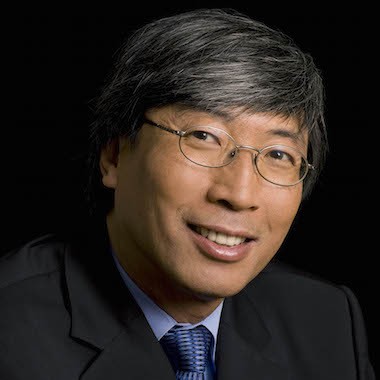
A novel cancer vaccine developed by biopharma mogul Patrick Soon-Shiong’s NantKwest has shown activity in an early-stage clinical trial.
The new phase 1b data in 30 patients – presented at the Society for Immunotherapy of Cancer (SITC) meeting in Washington DC this week – found that the complex mixture of natural killer (NK) cells, tumour antigens and drugs achieved tumour responses in heavily pre-treated patients with advanced cases of triple-negative breast cancer, head and neck cancer, and pancreatic cancer.
NantKwest is one of the stable of companies under the NantWorks umbrella corporation set up by Soon-Shiong – who made his name at Abraxis and sold the company to Celgene for $2.9bn a few years ago. Its ‘memory cancer vaccine’ consists of a cocktail of off-the-shelf NK cells delivered alongside low-dose chemotherapy, cytokines, yeast- and adenovirus-delivered tumour antigens and PD-1/PD-L1 checkpoint inhibitors – all designed to stimulate a strong, multicomponent immune response to the cancer.
According to Soon-Shiong, that approach should overcome the limitations of checkpoint inhibitor monotherapy, which only works in a proportion of patients, as well as cell-based CAR-T therapies that have significant side effects and this far haven’t been used effectively in solid tumours.
The numbers from the phase 1b studies break out as follows. The cocktail achieved disease control in four out of five (80%) breast and head and neck cancer patients who had received four prior treatment rounds, with one patient achieving a complete response (CR).
Two of three breast cancer patients had a partial response (PR), while the remaining two head and neck cancer patients had a CR and a PR, according to the SITC abstract.

Patrick Soon-Shiong
In the prostate cancer trial, which enrolled patients with at least three prior therapies, eight of 10 patients had disease stabilisation and median overall survival was 9.5 months, which compares to historical averages of around 8.7 months.
“By developing a system of activating the patient’s own NK cells and T cells, as well as augmenting the patient’s NK killing ability with engineering off-the- shelf NK transfusions, we hypothesise that resistant cancer can be overcome,” said Soon-Shiong.
“These early results of 300 doses of the cancer memory vaccine in 30 patients over the course of the last 14 months are encouraging and suggest that we may be on the correct path to a paradigm change,” he added.
The ultimate goal, according to Soon-Shiong, is “chemo-free treatment of cancer patients, early in the course of their disease [leading] ultimately to a path of cancer prevention.”




